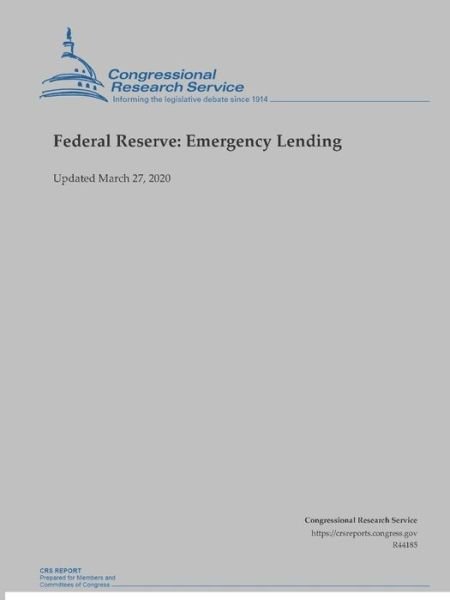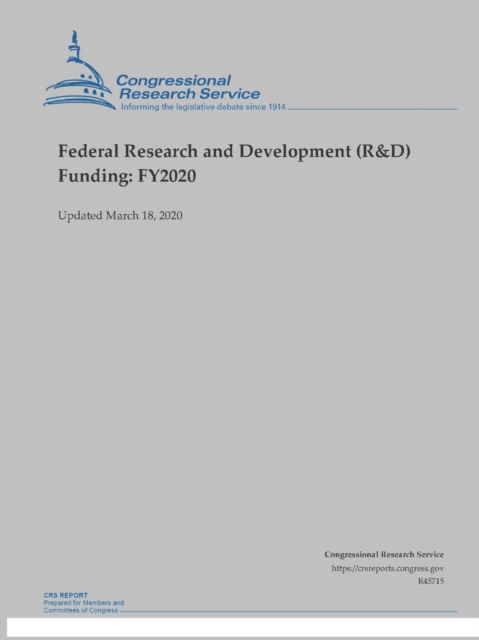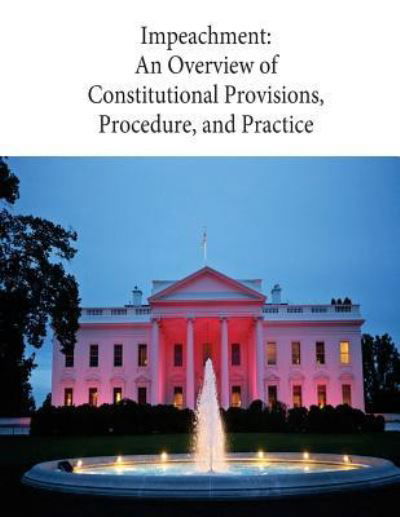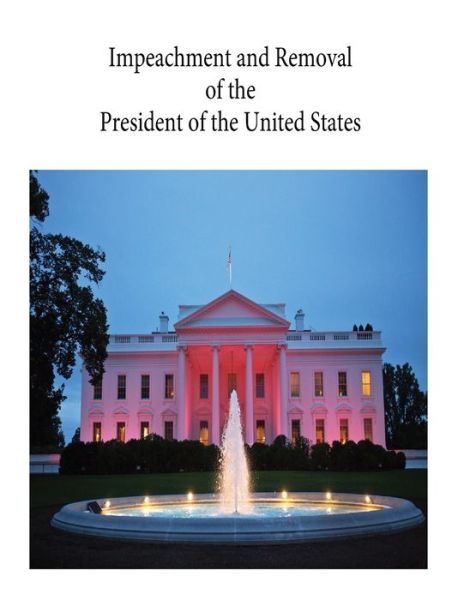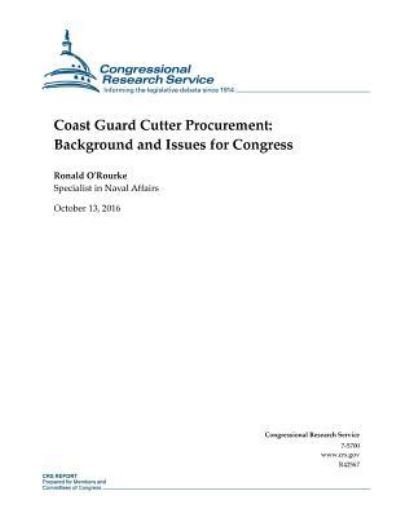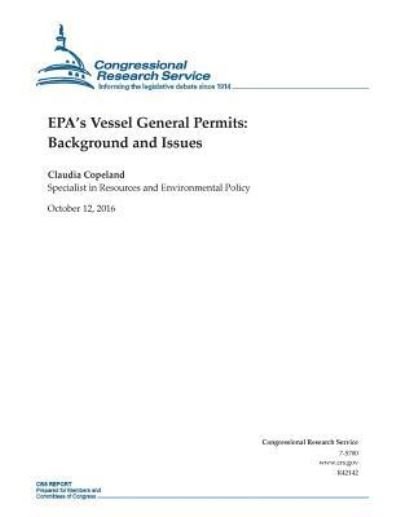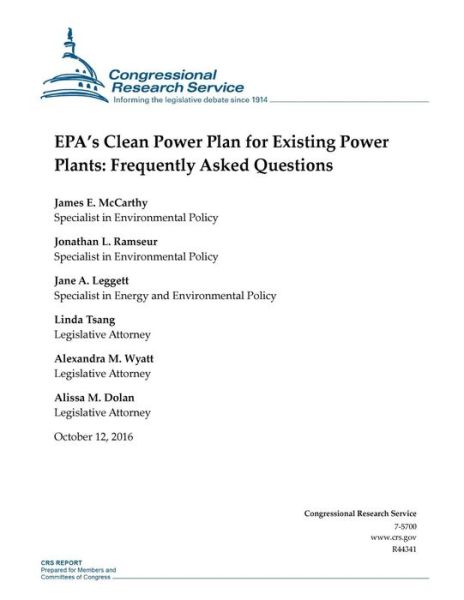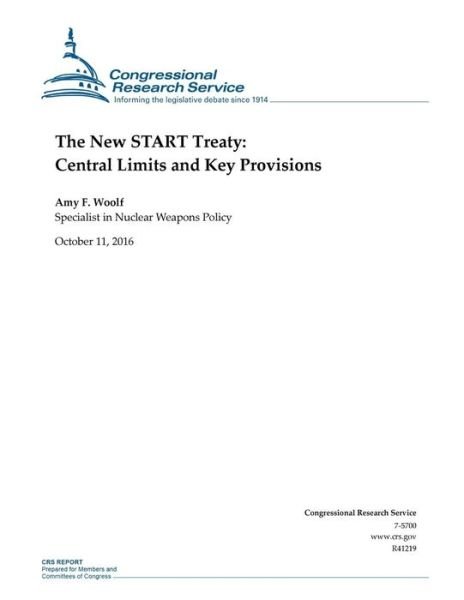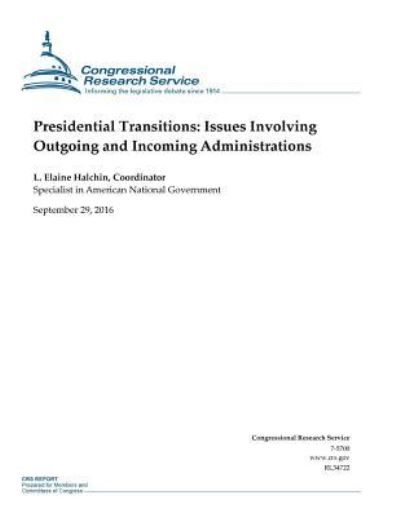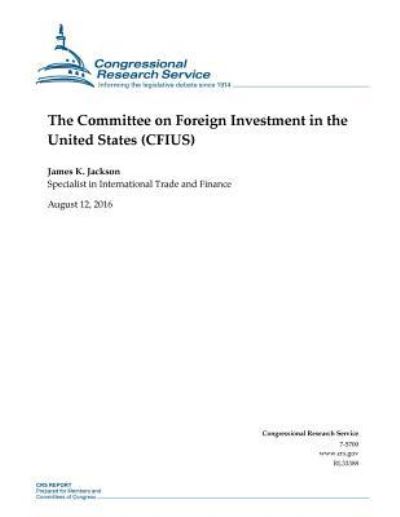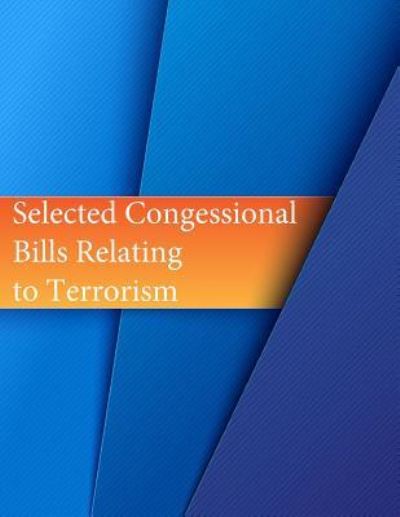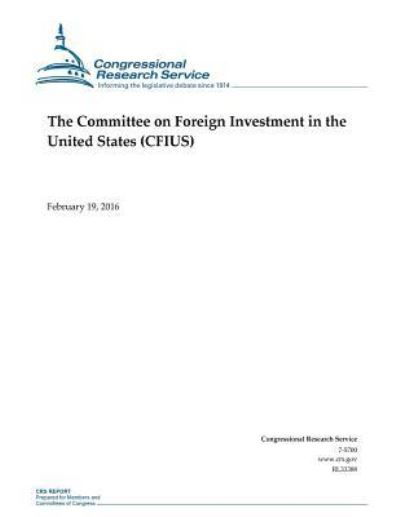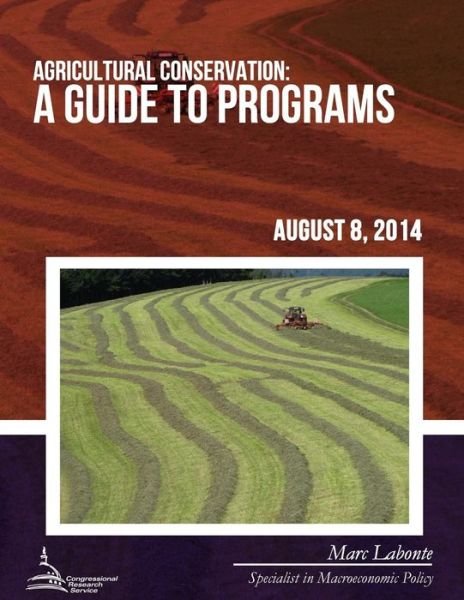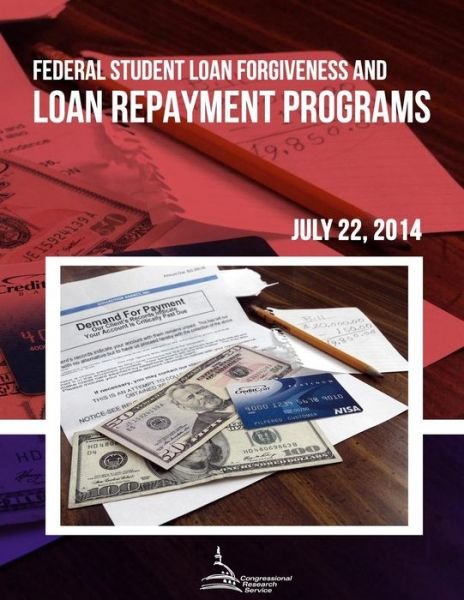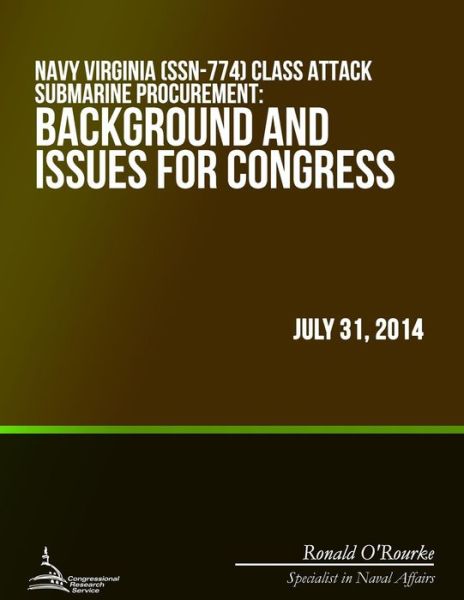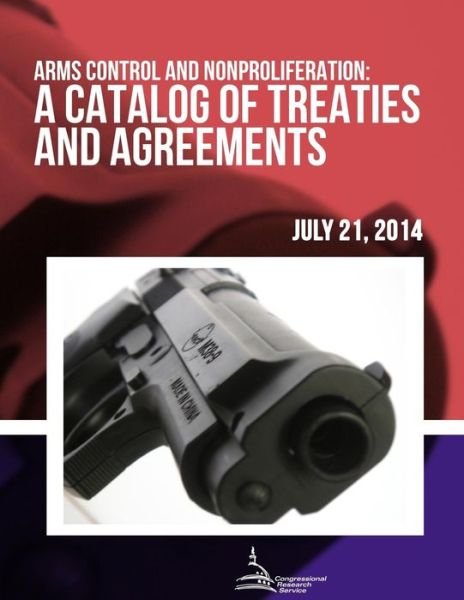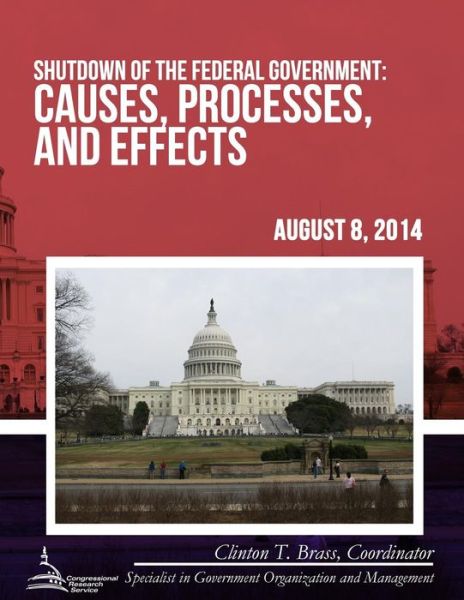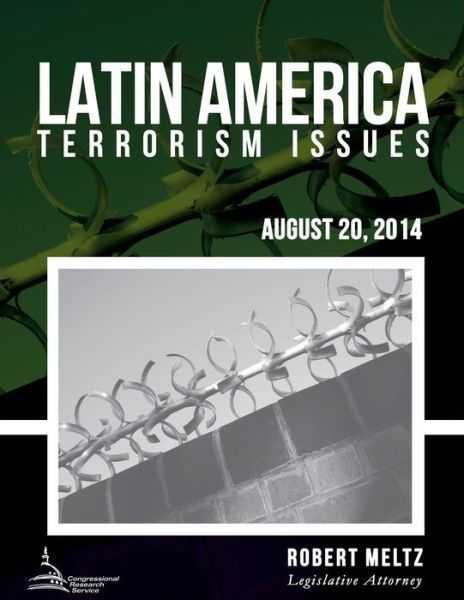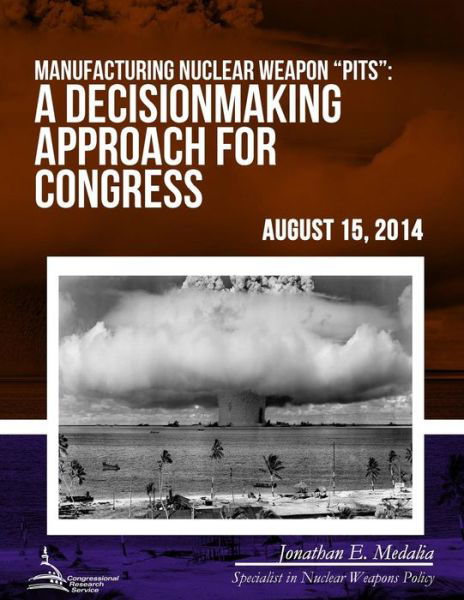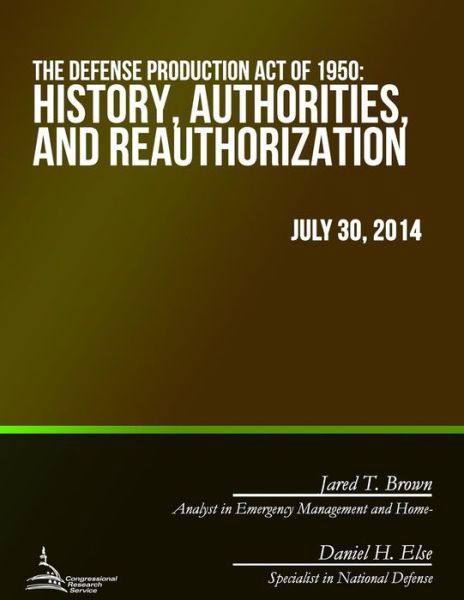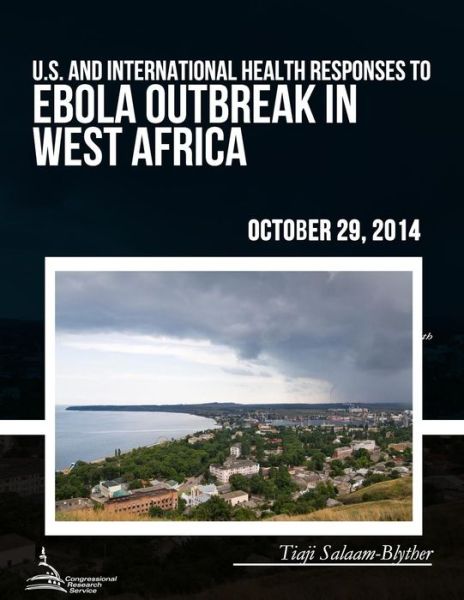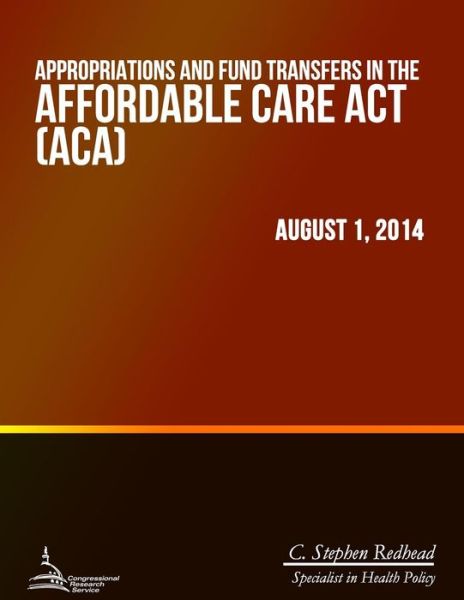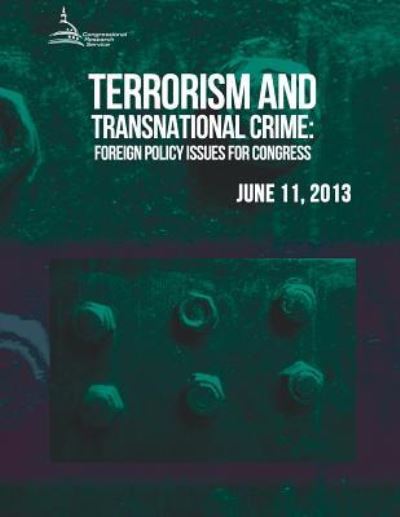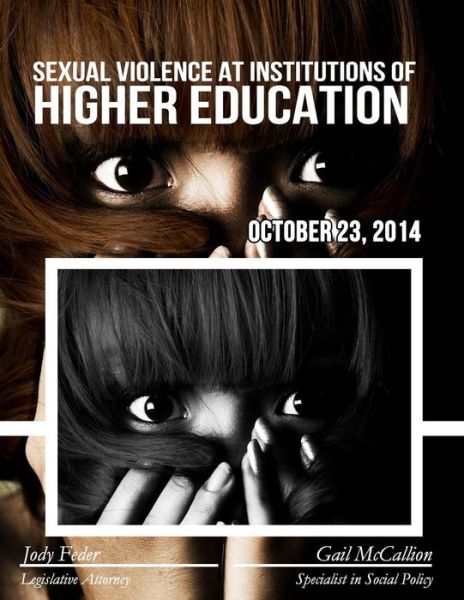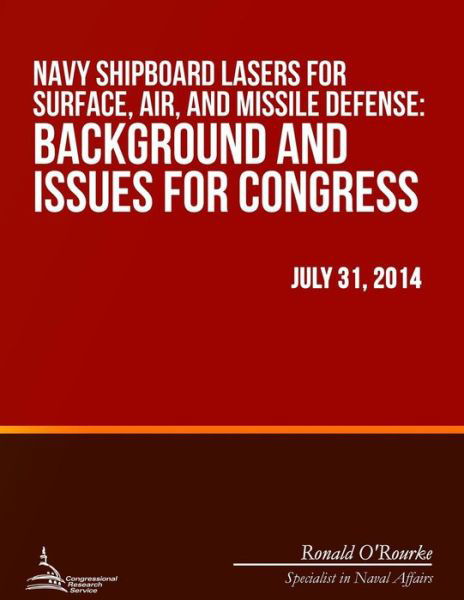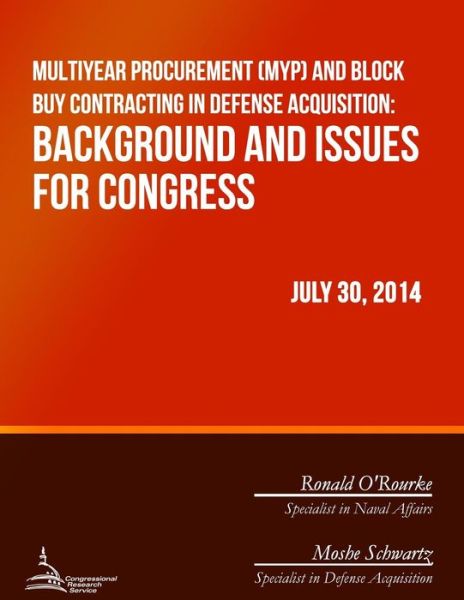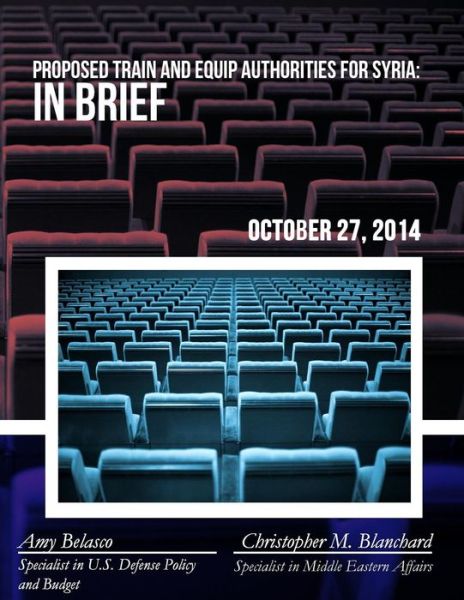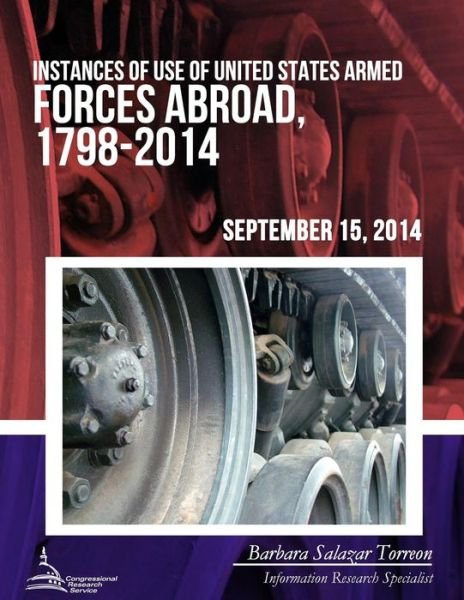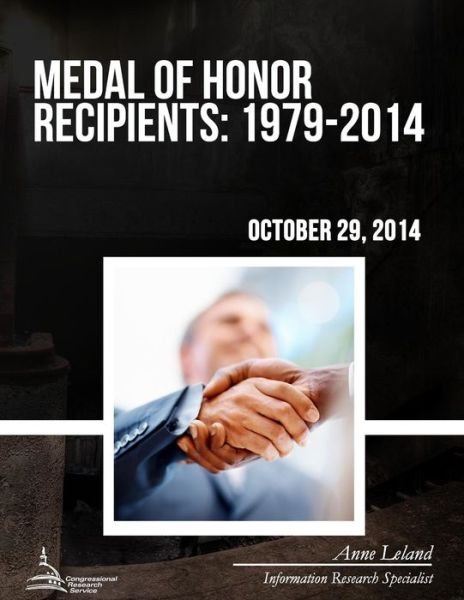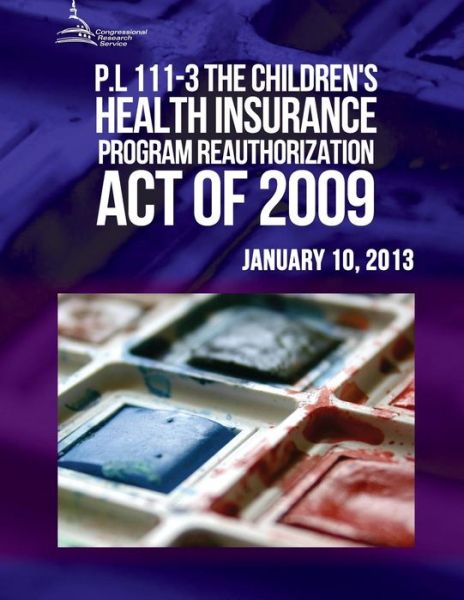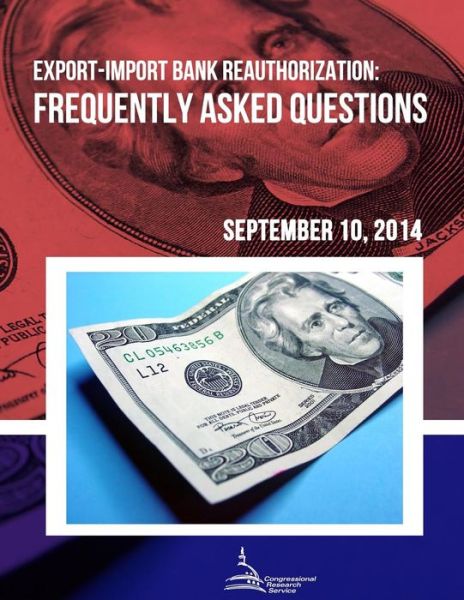
Tell your friends about this item:
Venue
Congressional Research Service
Venue
Congressional Research Service
The United States Constitution assures those charged with a serious federal crime that they will be prosecuted in the state and district in which the crime occurred. A crime occurs in any district in which any of its "conduct" elements are committed. Some offenses are committed entirely within a single district; there they may be tried. Other crimes have elements that have occurred in more than one district. Still other crimes have been committed overseas and so have occurred outside any district. Statutory provisions, court rules, and judicial interpretations implement the Constitution's requirements and dictate where multi-district crimes or overseas crimes may be tried. Most litigation involves either a question of whether the government's selection of venue in a multi-district case is proper or whether the court should grant the accused's request for a change of venue. The government bears the burden of establishing venue by a preponderance of the evidence. The defendant may waive trial in a proper venue either explicitly or by failing to object to prosecution in an improper venue in a timely manner. Section 3237 of Title 18 of the U. S. Code supplies three general rules for venue in multi-district cases. Tax cases may be tried where the taxpayer resides. Mail and interstate commerce offenses may be tried in any district traversed during the course of a particular crime. And continuous or overlapping offenses may be tried in any district in which they begin, continue, or are completed. For example, conspiracy, perhaps the most common continuous offense, may be tried where the scheme is joined or where any overt act in its furtherance is committed. These general rules aside, a few crimes, like murder or immigration offenses, have individual venue provisions. In most instances, overseas crimes are tried in the district in which the accused is arrested or into which he is first brought from abroad. An accused may request a change of venue for reasons of prejudice, convenience, plea, or sentence. Besides his venue rights, an accused is entitled to trial by an impartial jury. Inflammatory pre-trial publicity and other circumstances may hopelessly taint the pool of potential jurors. Nevertheless, before granting a change of venue, the courts will ordinarily exhaust alternative measures such as examination of potential jurors to ensure their impartiality. Beyond prejudice, a court may also grant a change of venue for the convenience of the accused, the government, the victim, or the witnesses. It rarely does. Finally, with the government's concurrence, the court may grant a defendant's request to plea or be sentenced in the district in which they are found. "Venue" ordinarily refers to both where a crime may be tried and the district from which the trial jury must be drawn, although technically the latter is more properly referred to as vicinage.
| Media | Books Paperback Book (Book with soft cover and glued back) |
| Released | January 3, 2019 |
| ISBN13 | 9781793087928 |
| Publishers | Independently Published |
| Pages | 32 |
| Dimensions | 216 × 279 × 2 mm · 99 g |
| Language | English |
More by Congressional Research Service
See all of Congressional Research Service ( e.g. Paperback Book and Book )

 Christmas presents can be returned until 31 January
Christmas presents can be returned until 31 January


